In a world that sometimes feels overwhelming with its constant noise and endless news updates, there are still places where peace isn’t just a concept – it’s a way of life. These remote islands stand as proof that safety and serenity can exist beyond the reach of modern chaos.
Let’s explore some corners of the world where crime rates are practically non-existent, and the biggest daily decision might be which beach to visit. These havens show us that paradise isn’t just about pristine waters and perfect weather.
Tristan da Cunha

Sitting in the South Atlantic, this British territory holds the title of the most remote inhabited island in the world. With just 245 residents, everyone knows everyone, and crime is practically unheard of.
The closest neighbor is 1,500 miles away, and the community works as one big family to maintain their peaceful way of life. The island has one settlement, no airport, and gets visitors only a few times a year.
Palmerston Island
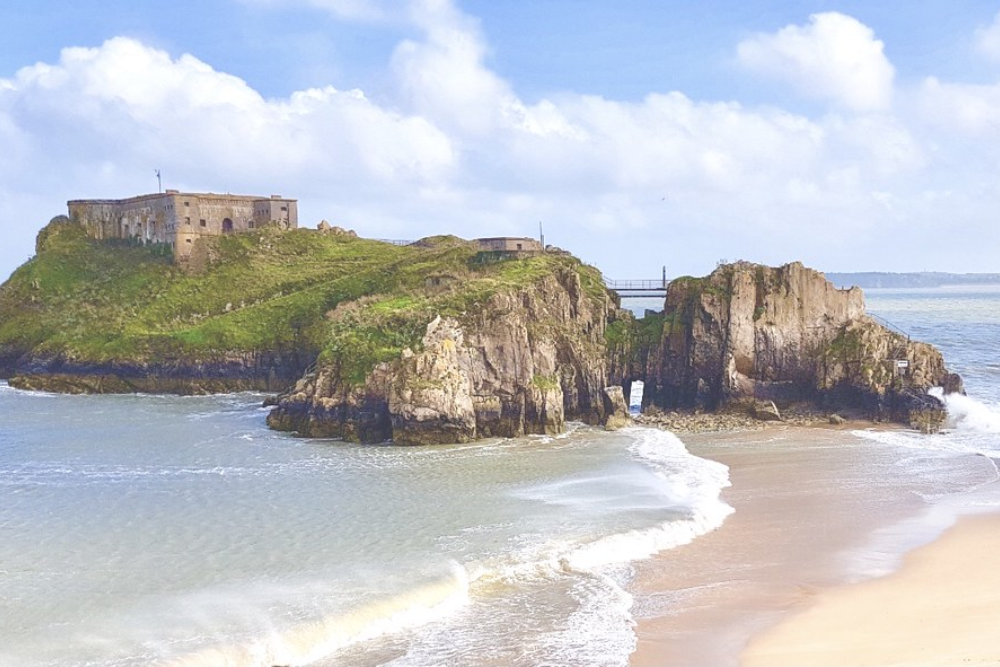
This tiny Cook Islands gem hosts just three families, all descended from one English sailor. Each new arrival gets greeted by the entire population, sharing meals together as a community tradition.
The island sees a supply ship only twice a year, and residents use solar power and rainwater collection to live sustainably. Every adult serves on the island council, making decisions together.
Like Travel Pug’s content? Follow us on MSN.
Sark
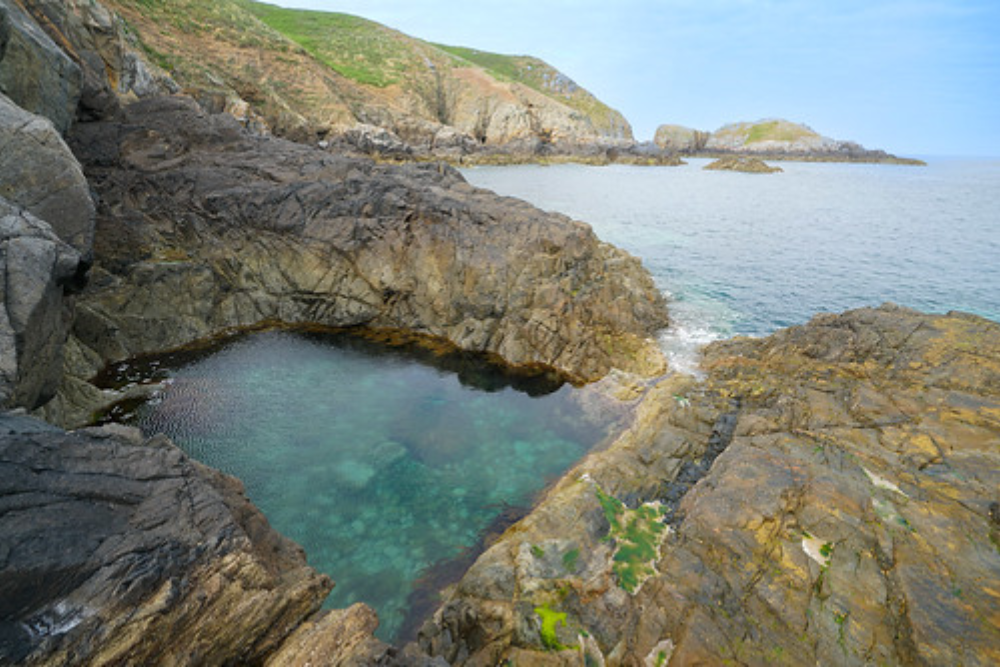
Cars aren’t allowed on this Channel Island, where horses and bikes rule the roads. The only crime prevention needed is a single constable who also delivers mail.
Dark skies give perfect stargazing conditions, while the lack of street lights keeps light pollution at zero. The population of 500 knows every face, making it impossible for troublemakers to hide.
St. Helena
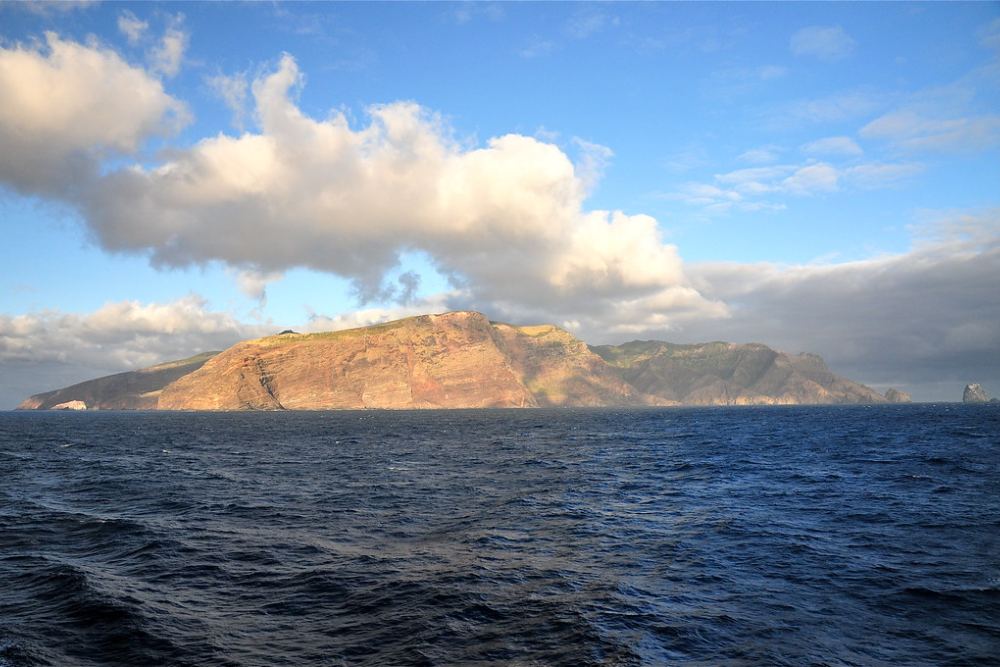
Napoleon’s former prison has turned into a peaceful haven where locals leave their doors unlocked. The 4,500 residents share such strong community bonds that crime barely exists.
The island’s only prison usually sits empty, and the police spend more time helping tourists than solving crimes. Kids play freely in the streets until sunset.
Pitcairn Islands
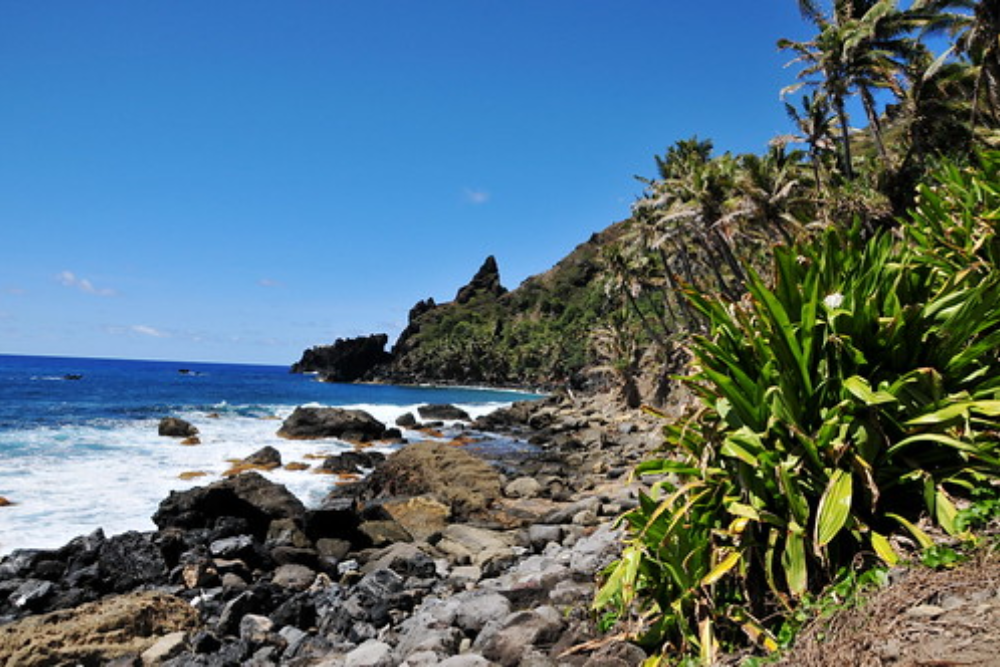
Home to just 50 people, all descendants of the HMS Bounty mutineers, this British territory runs on trust. Everyone pitches in for community projects, from maintaining roads to running the school.
The island’s one store operates on an honor system, and the entire population gathers for important discussions.
Like Travel Pug’s content? Follow us on MSN.
Flatey Island
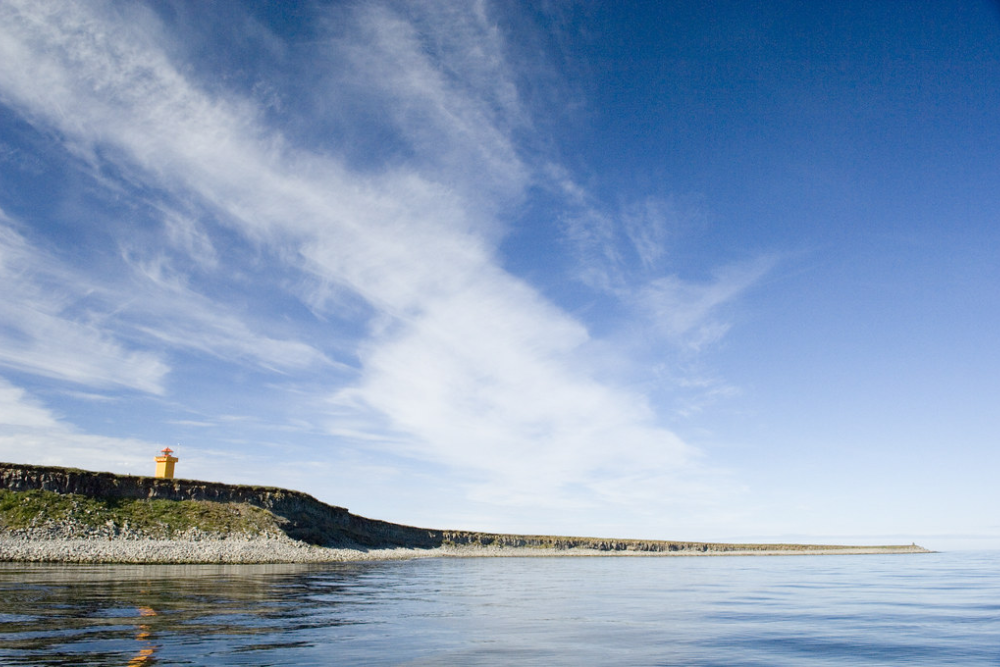
During winter, this Icelandic island’s population drops to just five people who keep watch over the historic buildings. Summer brings a few more residents, but the peaceful atmosphere never changes.
Sheep outnumber people, and the biggest excitement comes from watching puffins nest. The community library sits unlocked year-round.
Fair Isle
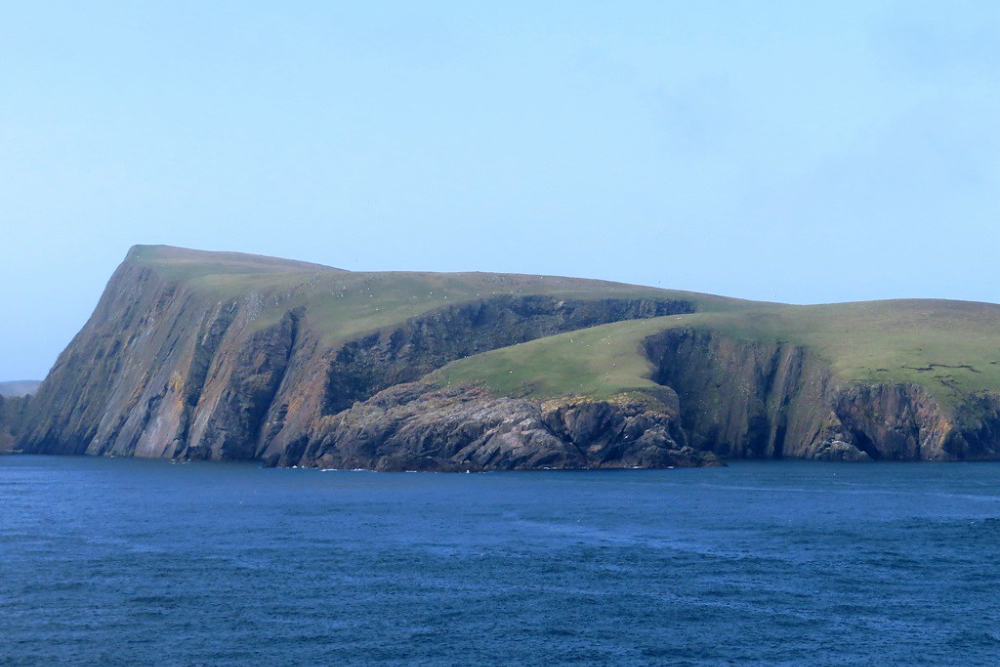
Scotland’s most remote inhabited island thrives on traditional crafts and bird watching. The 60 residents support each other through wild winter storms and celebrate together during endless summer days.
Everyone pitches in at the local shop, and visitors get treated like long-lost relatives. The island’s famous knitting patterns keep hands busy during quiet evenings.
Flores Island
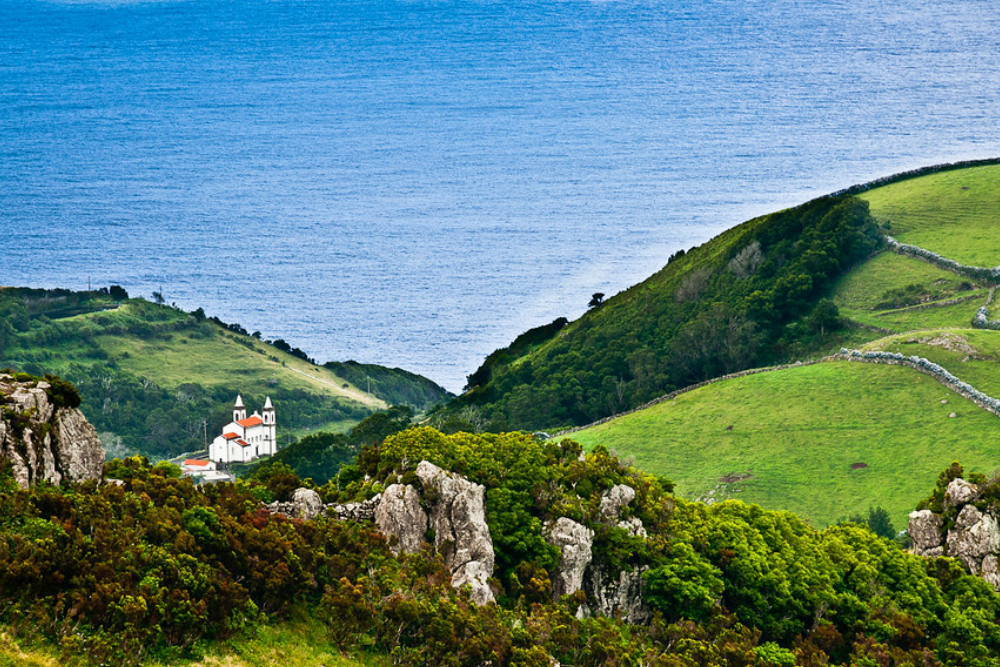
This Azorean paradise proves that safety comes naturally when everyone depends on each other. Local farmers leave fresh produce by the road with honor-system payment boxes.
The 3,800 residents know every car that passes, and children walk to school without worry. Hot springs and waterfalls provide natural entertainment.
Like Travel Pug’s content? Follow us on MSN.
Lord Howe Island
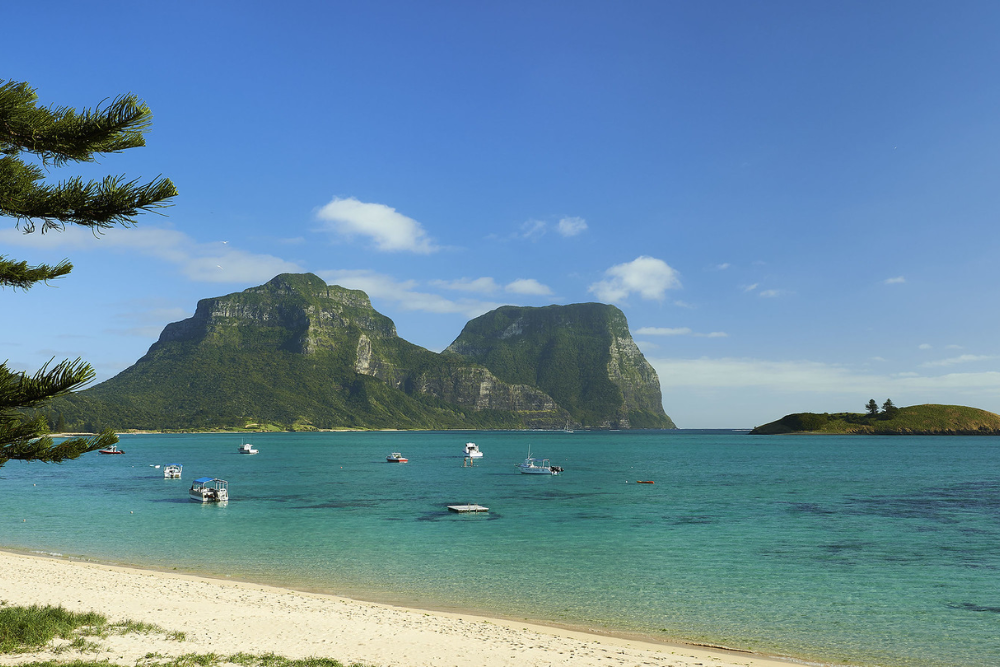
With a strict limit of 400 tourists at a time, this Australian gem keeps its peaceful character intact. The 350 permanent residents all know each other’s golf buggies, the main form of transport.
The island’s biggest police challenge is making sure cyclists wear helmets. Properties get passed down through families rather than sold to outsiders.
Colonsay
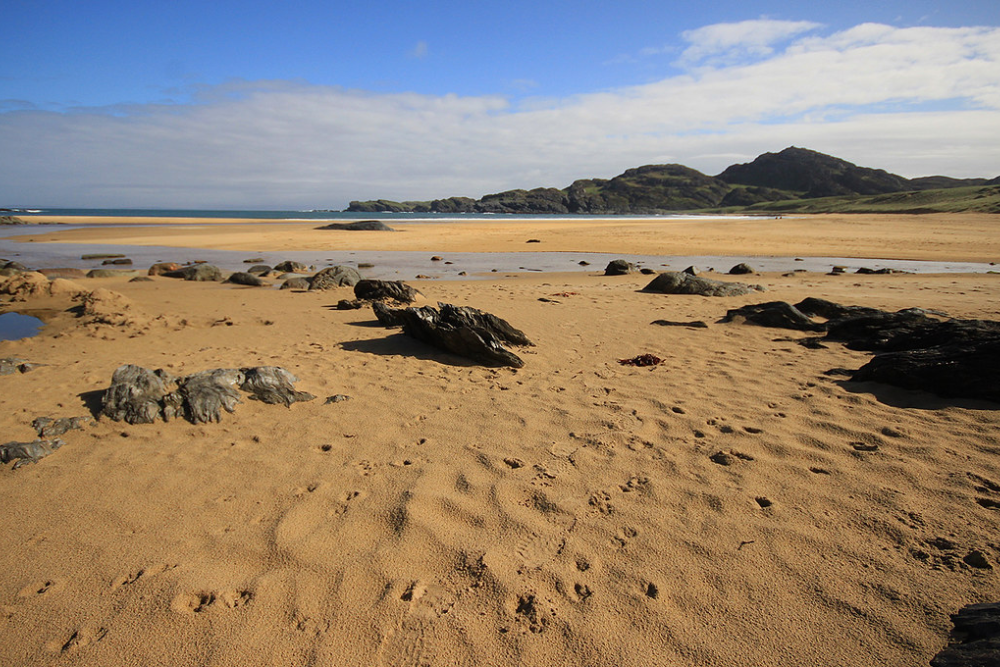
This Scottish island’s 135 residents share one pub, one shop, and zero crimes per year. Everyone gathers for weekly community events, and the children’s playground never needs supervision.
The island runs its own bookshop festival, and the beaches stay pristine thanks to community pride. Lost items always find their way home.
Niue
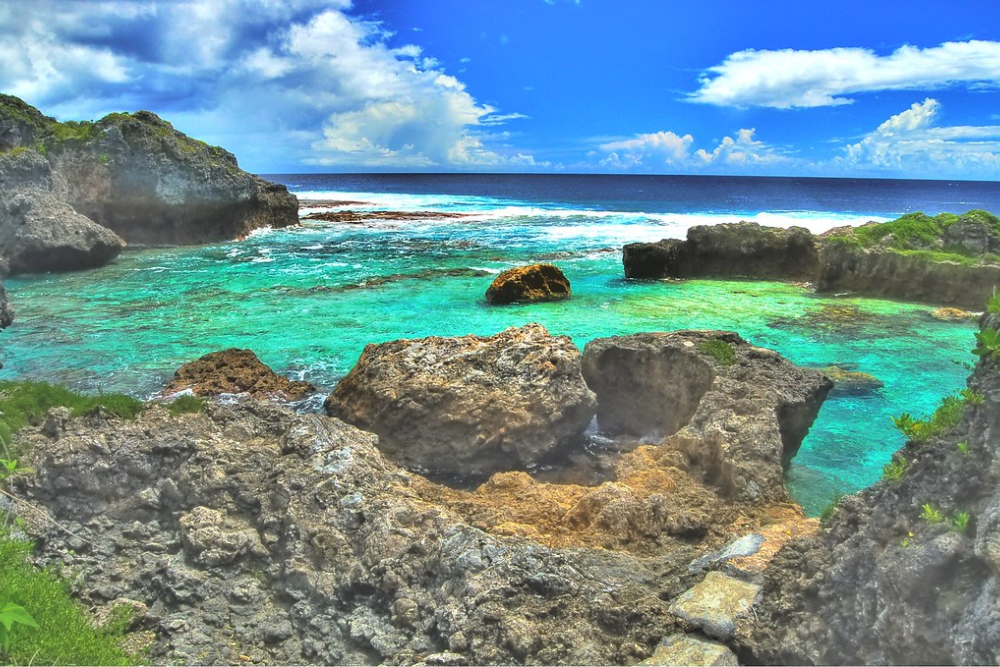
This South Pacific nation has no traffic lights, and everyone knows which car belongs to whom. The 1,600 residents leave their keys in their cars and houses unlocked.
The police chief’s main job is organizing community events. Every Wednesday, the island basically shuts down as people gather for community activities.
Like Travel Pug’s content? Follow us on MSN.
Foula
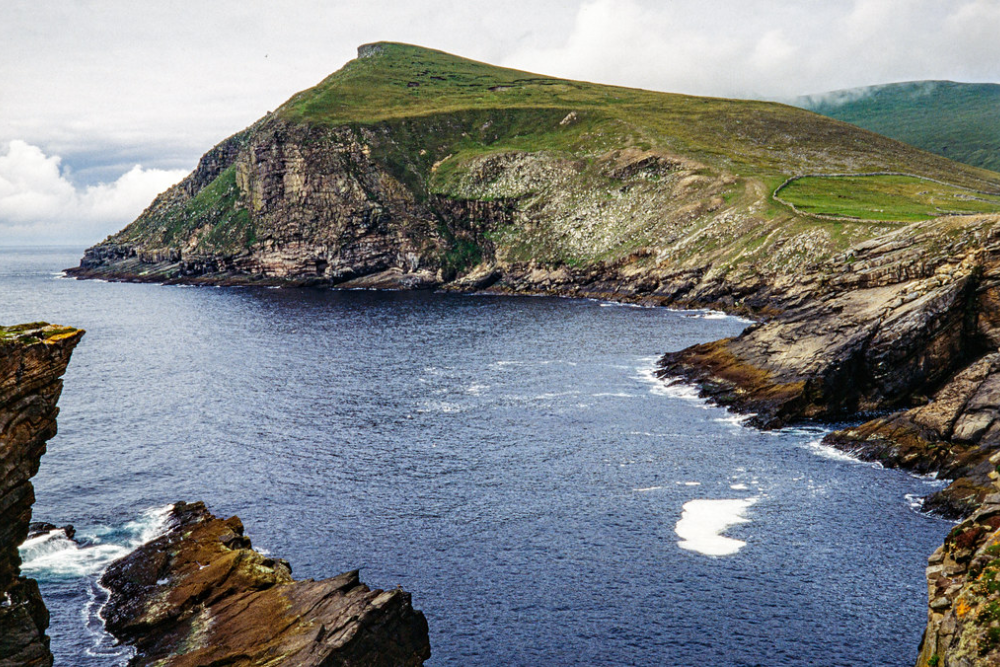
The most remote inhabited island in Britain sees its 30 residents working together to keep their community alive. During winter storms, everyone checks on their neighbors, sharing supplies and stories.
The island still follows the Julian calendar, celebrating Christmas in January. No one locks their doors, and visiting yachts often find welcome packages on their decks.
Schiermonnikoog
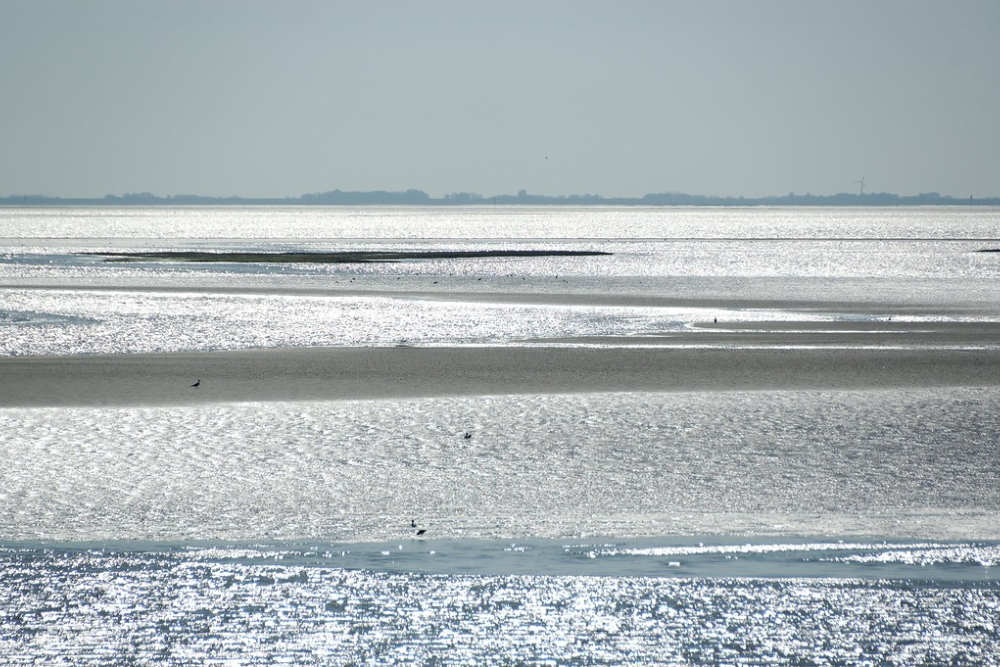
This Dutch island bans most cars, keeping its national park pristine and its streets safe for wandering. The 950 residents know every bicycle that passes, and children roam freely across the island.
The community runs on sustainable energy and takes pride in keeping their beaches the cleanest in Europe.
Robinson Crusoe Island
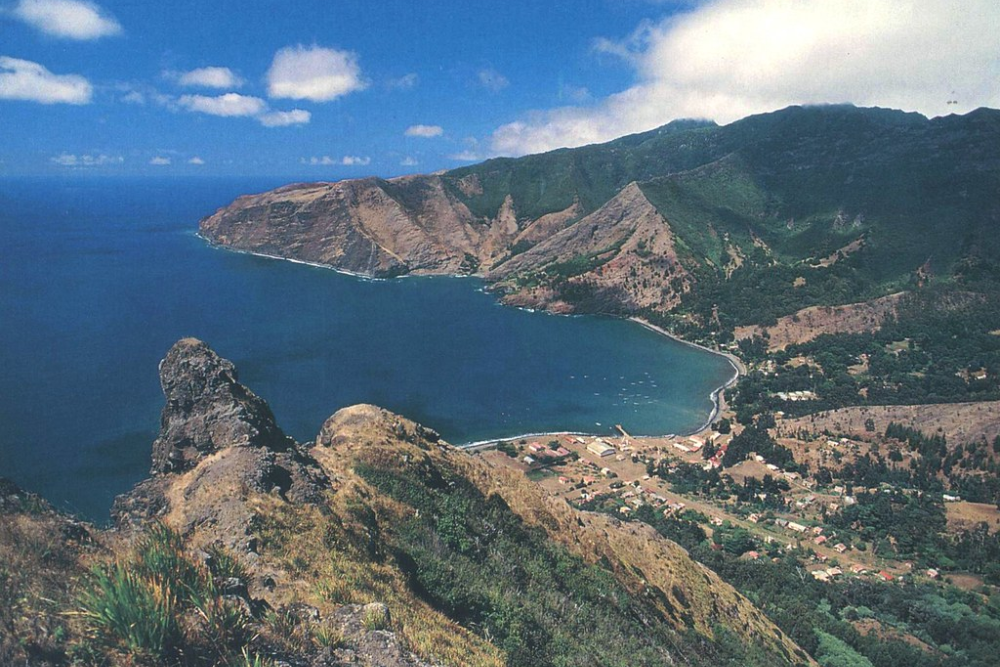
Named after the famous castaway, this Chilean island’s 900 residents have created their own peaceful society. The local school doubles as a community center, and everyone helps when fishing boats come in.
The island’s location, 400 miles from the mainland, naturally keeps trouble at bay. Residents trade services instead of using money for many transactions.
Like Travel Pug’s content? Follow us on MSN.
Monhegan
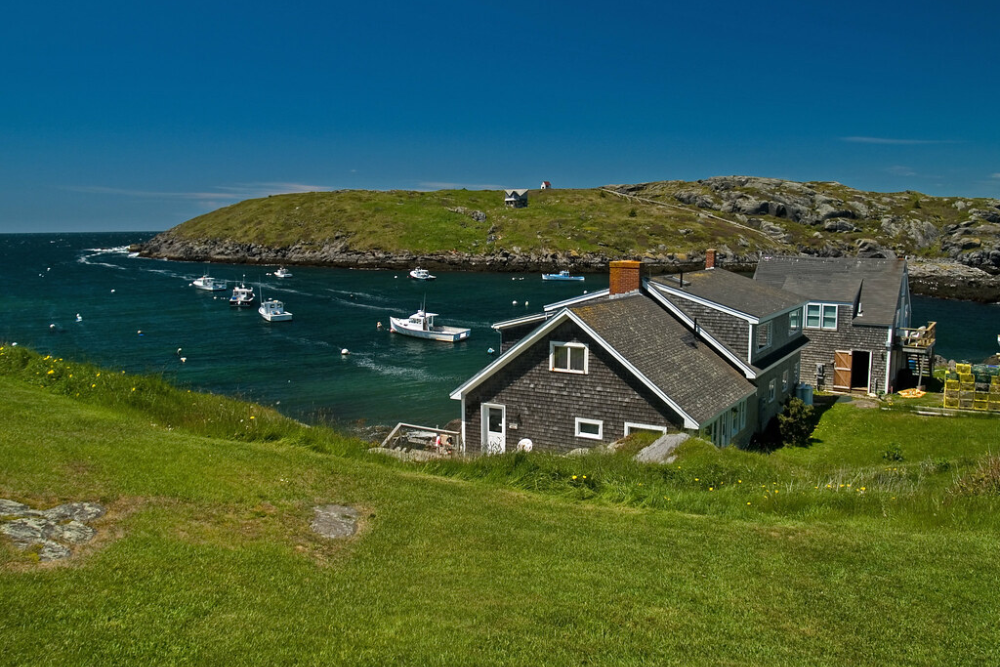
Twelve miles off Maine’s coast, this artist’s haven has no cars and no paved roads. The 70 year-round residents keep their doors unlocked and share tools freely. During winter, everyone helps clear the paths and check on elderly neighbors.
The island’s one-room schoolhouse teaches all grades together, creating strong community bonds.
Lundy
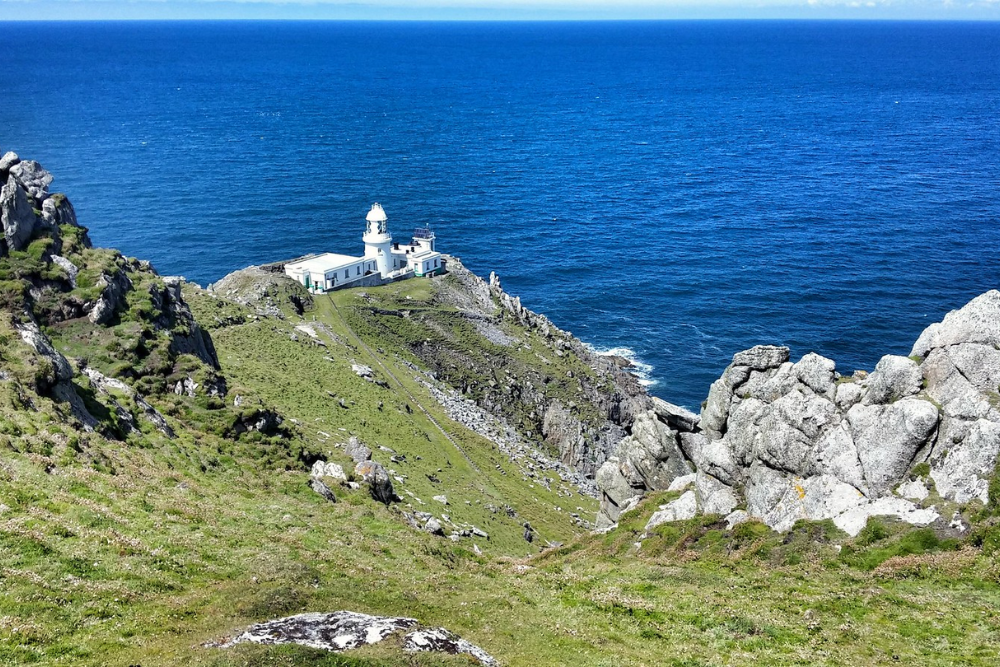
This English island’s entire population could fit in a small bus, yet they maintained their own tavern, shop, and church. The 28 residents work together as conservationists, farmers, and innkeepers.
Marine protection zones surround the island, keeping the waters as peaceful as the land. The biggest disturbance comes from nesting seabirds.
Canna
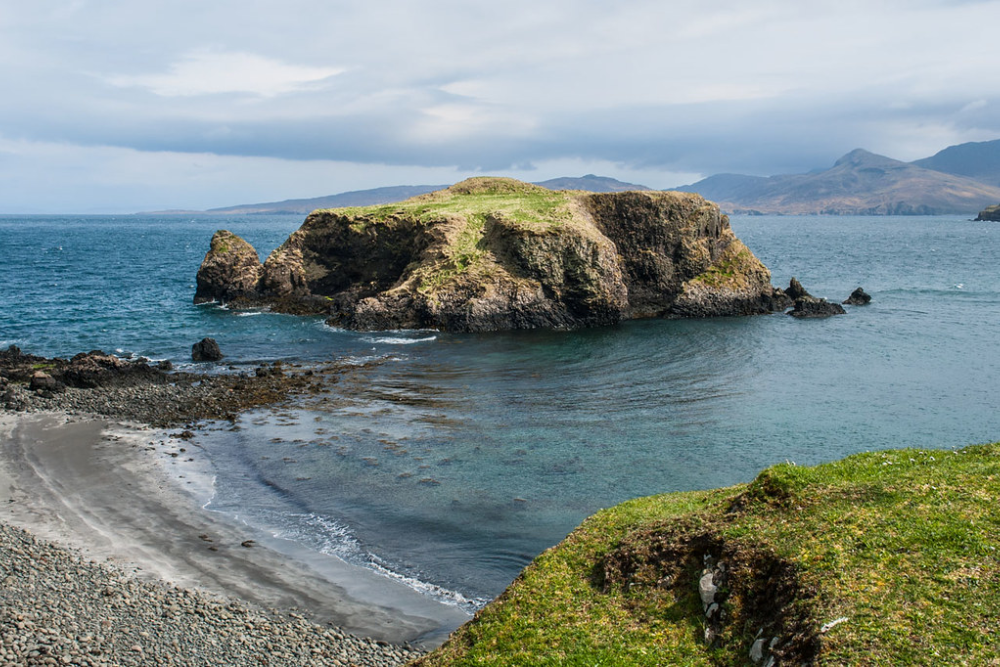
The Scottish Small Isles’ most westerly member houses just 15 people who run the island as a community. Every resident plays multiple roles – from firefighter to shopkeeper to ferryman.
The island generates its own electricity and manages its own water supply. Children learn responsibility early by helping with community tasks.
Like Travel Pug’s content? Follow us on MSN.
Eigg
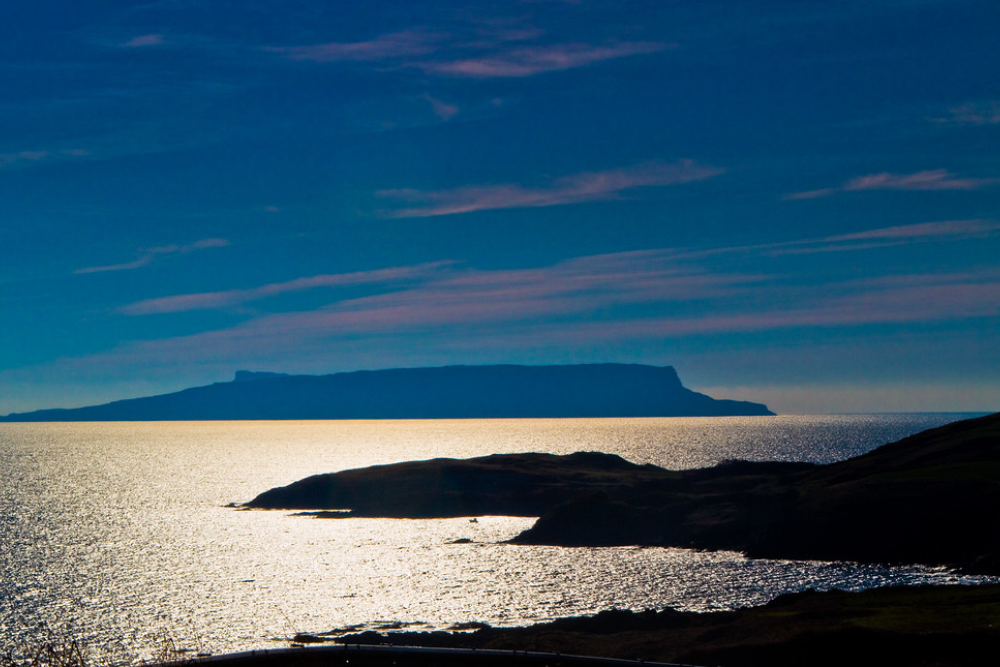
This community-owned Scottish island shows how people can govern themselves peacefully. The 100 residents run their own renewable energy grid and make decisions collectively.
Everyone shares responsibilities for maintaining roads and managing waste. The island’s shop runs an honesty box system after hours.
Ulva
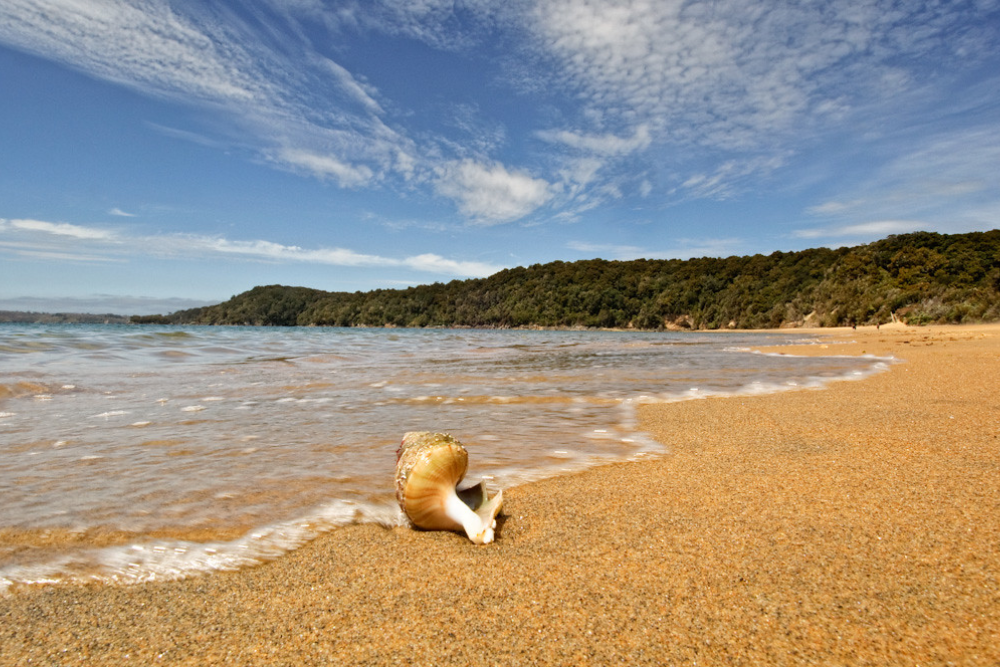
Recently bought by its community, this Scottish gem has just six permanent residents who work together on everything. The island’s tea room operates on trust, and visitors often find themselves invited to community dinners.
Every resident serves on the community council, making decisions about the island’s future together.
Christmas Island
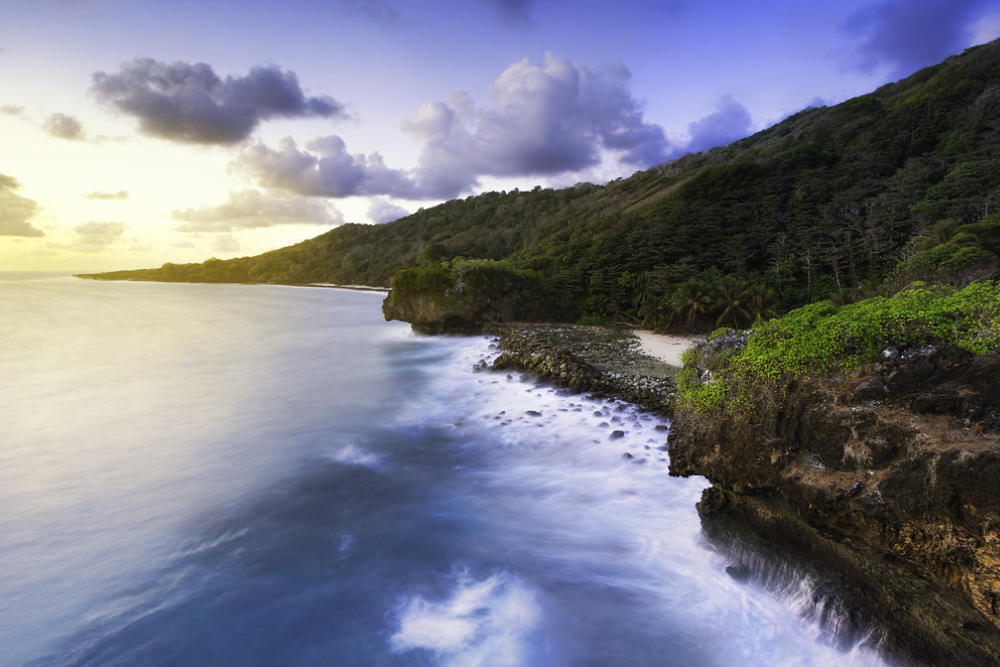
Despite its larger population of 1,843, this Australian territory maintains an impressive safety record. Everyone knows everyone else’s business, but in a way that creates security rather than tension.
The annual crab migration brings the whole community together to protect the natural spectacle. Police spend more time helping lost tourists than dealing with crime.
Like Travel Pug’s content? Follow us on MSN.
Island Life Lessons
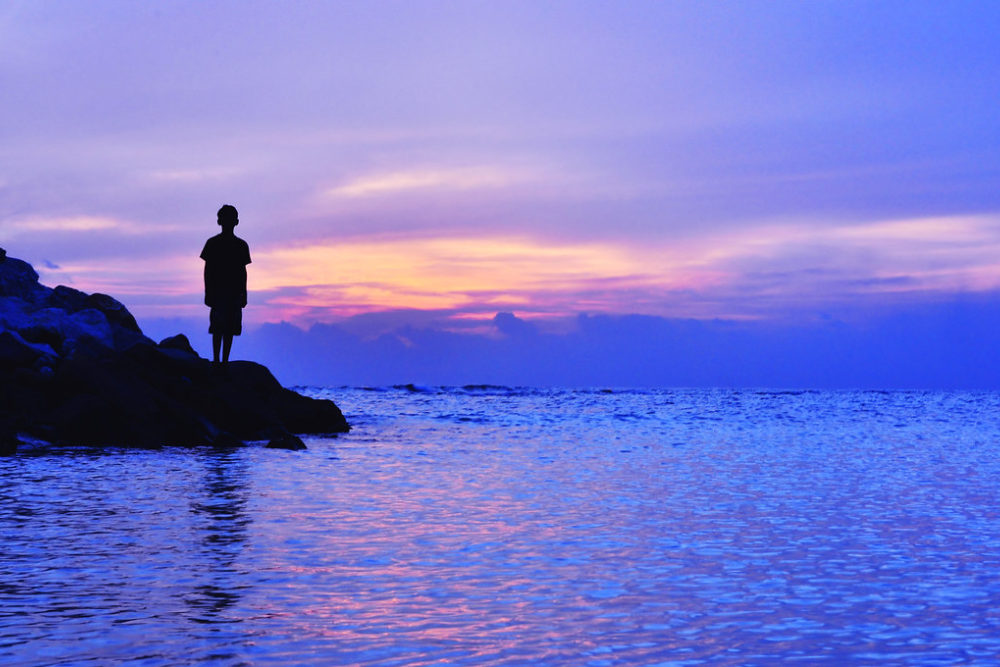
These remote sanctuaries prove that safety isn’t about high walls and security systems – it’s about building communities where people look after each other. When everyone knows their neighbor and shares common goals, peace comes naturally.
These islands remind us that sometimes the safest places aren’t the ones with the most protection, but those where protection isn’t needed. They show us a different way of living, where trust isn’t just given lip service but practiced daily in the most practical ways.
More from Travel Pug

- 15 Dangerous European Cities to Avoid
- 15 Caribbean Islands Where Tourists Keep Getting Scammed
- The 20 Most Fascinating Abandoned Places: A Journey Through Time and Forgotten Spaces
- 15 Hidden Places in the Smithsonian Museums Locals Love: A Guide to Lesser-Known Treasures
- 16 Hidden Florida Beach Towns That Aren’t Overrun with Tourists
Like Travel Pug’s content? Follow us on MSN.
